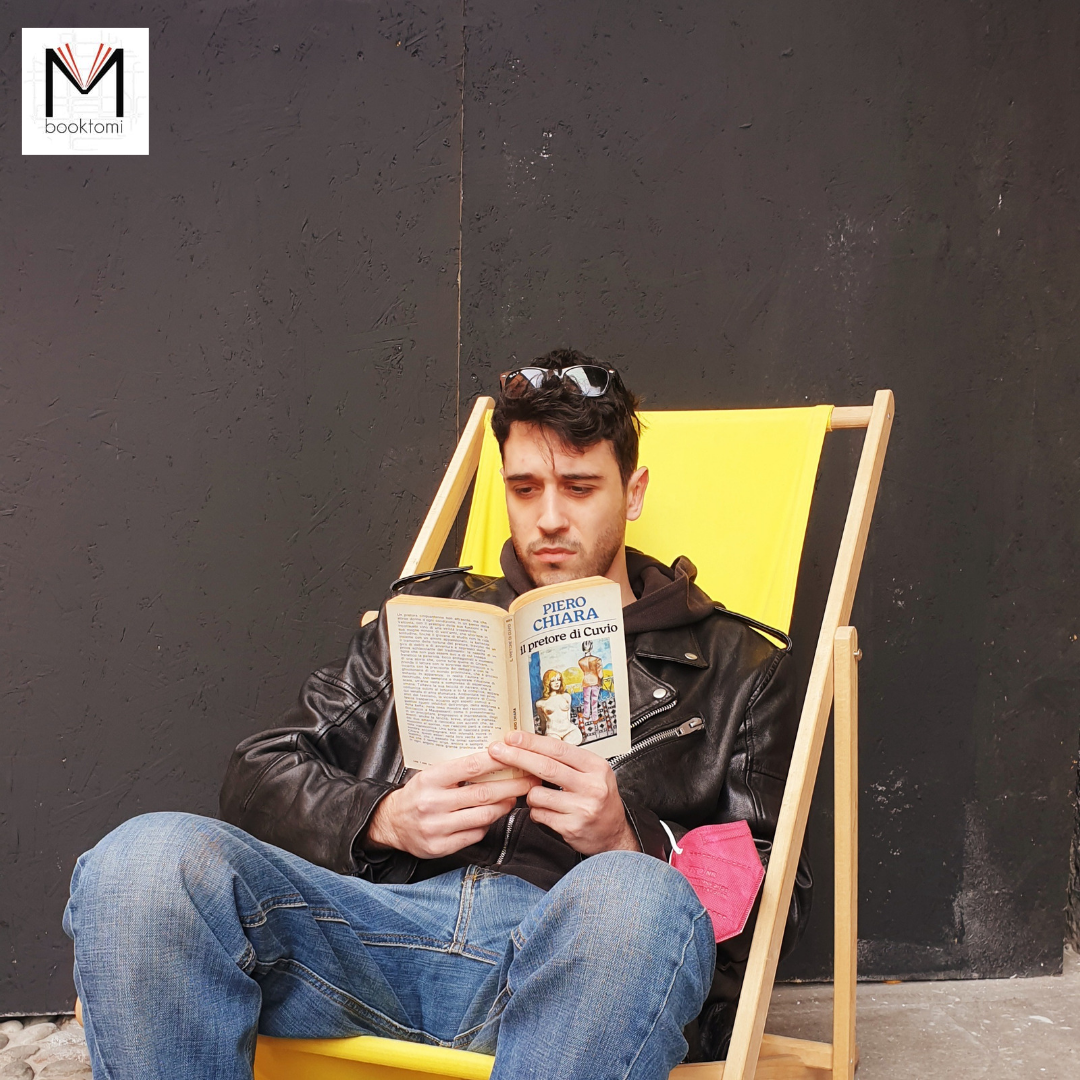“The lady was waiting for him at the door and pulling him in like a sip of water.”
The story of Augusto Vanghetta, before and after rising to the public office of judge, is that of a miserable person who, due to a fortuitous series of events, and very few personal merits, manages to have social success. Annihilated by a continuous carnal desire to have as many women as possible, he even manages to organize a marriage of interests, with a girl much younger than him, and in possession of a decent dowry.
The moral baseness and greed typical of those who have not sweated the successes obtained, and are unable to appreciate the value of things, will be the curse of the judge Vanghetta, who will find himself living the last years of his life alone, in poverty and shadow of the lawful man he was.
Vanghetta, and all the secondary characters of the stories, even those just mentioned, represent the mirror of many virtues, and many vices, of the human being. In this sense, hating a certain character means recognizing and hating a part of oneself.
Set in the 1930s, fascism is left out of the story. The only stories that are made on the political question are mostly those typical of the bad management of public affairs, with a gangrenous bureaucratic machine capable of moving only through favors requested (and then repaid in some way) to friends of friends. Without too many words, the Italy of yesterday and today and tomorrow.
The pen is subtle in outlining the minds and the most critical situations; even when it comes to slipping into the bedrooms of the characters, she never manages to descend into vulgarity, but remains suspended between saying and making people imagine and irony and wit.
Recommended for junior and high school students, to broaden their vocabulary, to learn what it means to write in Italian, and to have ideas to then convey into a story. An ancient flavor of the words that we always find in a certain type of post-war author, and which unfortunately has been lost nowadays.
_____________________________________________________________________________________________________
Piero Chiara, The judge of Cuvio, Mondadori, Milano, 1973




